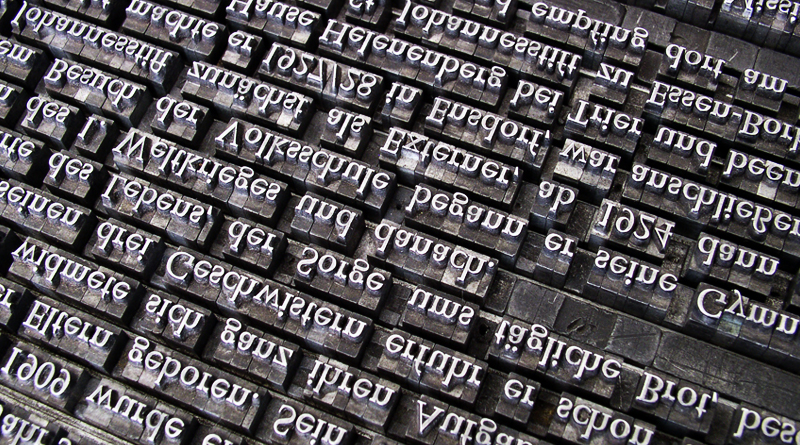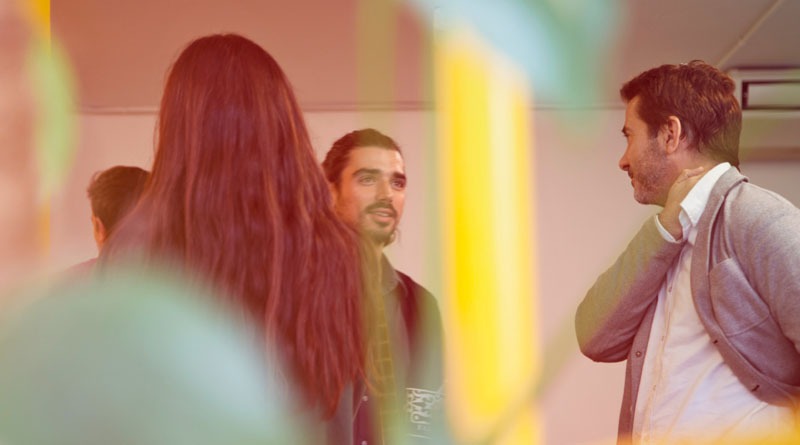
Do We Need Famous People to Generate Dyslexia Awareness?
By Tiffany Sunday
Fame and dyslexia
An email conversation was the inspiration for this post. A friend of mine in the U.K. is developing a presentation for dyslexia awareness week and included a slide of famous dyslexics. In the past, the slide would have slipped by without a thought as I have included images of famous dyslexics in my presentations. Today, was different. I could not get past the slide as I thought about our presentations and how we include famous dyslexics to generate awareness.
I am forever grateful for the famous individuals who have spoken about their dyslexia. Their voice was critically important five or ten years ago, to help build awareness. We needed them to educate the world about our intelligence, and that dyslexics could succeed.
Something was different today, as I kept thinking about all the dozens of professionals with dyslexia I have interviewed or who have sent emails asking for advice.
Conversations from conferences in the U.S. and U.K floated through my mind as I recalled their job success stories and workplace frustrations. As I prepare for the release of my next book, How Dyslexics Will Rule the Future, I made a decision: Starting today, in all my presentations going forward, I will talk about the unsung dyslexia heroes who in their jobs, develop on-the-fly workarounds, adapt to the ever-changing work environment, while using their dyslexia talents to solve complex problems or create something new.
Dyslexia’s unsung heroes
I think about the chemist who uses his visual-spatial skills to develop new methods for refining crude oil, to the researcher who uses her big-picture thinking to solve problems for clients, or the micro-entrepreneur in Afraid who is starting a school for dyslexic students. I think about my friend Skip Howard, who is a co-founder of Spacee, an amazing startup that designs spatial spaces.
There are millions of dyslexics, every day, in every profession, in every corner of the world, doing amazing work. Quietly, often without help and support.
As you are preparing October Awareness blog posts, articles and social media posts, here are a couple of thoughts to keep in mind.
As a community
…let’s focus first on our strengths, especially in the areas of creativity, problem-solving, critical thinking, and spatial reasoning. By 2020 these will be four of the most in demand skills. I added spatial reasoning for the accelerated growth of augmented and virtual reality technology.
For educators
…think about the future and incorporate innovative learning techniques and assistive technology to help all dyslexics students. Instead of attempting to fix us, provide tools, software apps, and strategies to mitigate our dyslexia pain points.
For HR team members and managers
…think of how you can support your dyslexic employees. Generally, our request list is short, here are five of the most frequently mentioned request items.
- Laptop loaded with accessibility features including audio software to read documents or audio dictate text.
- Grammarly!! I’ve exchanged messages with one of the co-founders of Grammarly, and there are workarounds for using the software outside company firewalls.
- Quiet space to work with whiteboard access and flat space or work cubbie for folders.
- Unlimited supply of Post-It Notes, Sharpies, and Journals.
- Mentor and support. It’s 2018; dyslexic employees should, without fear, be able to ask for tech and management support. (All employees should have the freedom to ask for support.)
October will arrive in 19 days. Let’s think about where we really need to focus our efforts.
Our dyslexia roadblocks, challenges, and struggles make us stronger as we gained three of the most valued human traits – tenacity, perseverance, and determination. These traits cannot be taught.
Our talents, creativity, and different way of viewing the world is a competitive edge.
What defines us, is not our challenges. Instead, I ask the world to defined dyslexics by how we use our talents and strengths, each, and every day.
This post is dedicated to the global dyslexic community.
.
This article was originally published here, and is reprinted with the author’s kind permission.
Tiffany Sunday is founder of Dillon 5 LLC, an innovation strategy company. She is a corporate consultant, author and speaker. She is internationally known for her book Dyslexia’s Competitive Edge and 2015 TEDx Talk “Dyslexia 2.0: The Gift of Innovation and Entrepreneurial Mind.”
Her third book, “How Dyslexics Will Rule the Future”, will be released September 2018. The book discusses how artificial intelligence and automation is creating an employment demand for individuals who are dyslexic and neurodiverse. Tiffany presents at national conferences on the topics of the future of work, entrepreneurship, creativity, innovation, and dyslexia. She is also the author of “You Posted What!?”.
Tiffany has appeared as a guest on local and national media outlets including WFAA ABC, CNN Radio, BBC, and KXAS NBC. She has been quoted in USA Today, Austin – American Statesman, Dallas Morning News, Dallas Business Journal, Restaurant News, and more.
For more information about Dillon 5 and Tiffany’s books, please visit www.dillon5.com
and www.tiffanysunday.com.




